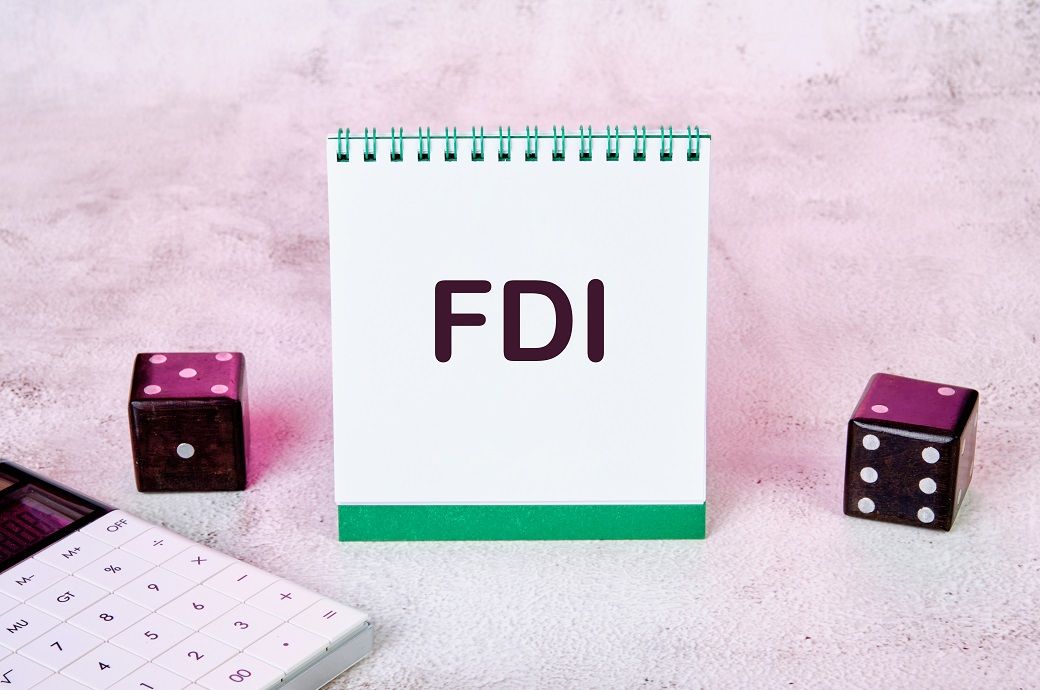
Foreign investment flows to Africa experienced a slight decline in 2023, according to a recent report by the United Nations Conference on Trade and Development (UNCTAD). Despite the overall reduction, significant investments in the clean energy sector offered a positive highlight.
During the year, the estimated value of international project finance deals in African nations dropped by 50 per cent to $64 billion, following a 20 per cent decline in 2022. However, the continent saw an increase in the share of global greenfield megaprojects, with six projects each valued above $5 billion, as per the World Investment Report.
The most notable project was a green hydrogen initiative in Mauritania, a least developed country in Northwest Africa. This project is anticipated to generate $34 billion in investment, an amount several times greater than Mauritania’s GDP. Additionally, Africa received more than $10 billion in project finance for wind and solar electricity production, with the largest projects located in Egypt, South Africa, and Zimbabwe.
The value chains for electric vehicles also attracted foreign investments, with a significant deal announced to establish a $6.4 billion electric vehicle battery manufacturing facility in Morocco. The main economies investing in the continent, by foreign direct investment (FDI) stock, are the Netherlands, France, the US, the UK, and China.
In North Africa, foreign investments decreased by 12 per cent. Egypt saw a decline in mergers and acquisitions from the highs of 2022, while Morocco experienced reduced FDI inflows but performed well in attracting greenfield projects.
West Africa's FDI flows dipped by 1 per cent, with varied results across countries. The value of greenfield investment was heavily influenced by the $34-billion green hydrogen project in Mauritania. Even without this outlier, greenfield project values tripled, and the number of projects remained stable.
Central Africa faced a 17 per cent decline in FDI. Despite a 56 per cent increase in the number of greenfield projects and a 119 per cent rise in their value, the region was negatively impacted by the downturn in international project finance deals.
East Africa saw a 3 per cent decrease in FDI inflows, primarily due to an 11 per cent drop in Ethiopia. However, the region experienced more than a 30 per cent increase in greenfield projects and international project finance deals, suggesting better future prospects.
Southern Africa's trends continued to be influenced by fluctuations in Angola. Inflows to South Africa decreased by 43 per cent despite increased mergers and acquisitions activity.
Compared to 2018, FDI inflows have expanded for all major regional groupings, most notably the Economic Community of West African States (ECOWAS) and the Southern African Development Community (SADC).
Fibre2Fashion News Desk (DP)